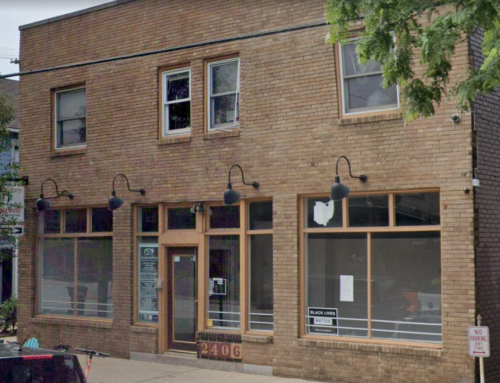During the summer, the City of Cleveland released its much-anticipated study on tax abatement. The Cleveland Tax Abatement study was published in July 2020. The lead consultant group was the Reinvestment Fund with assistance from a number of other consultancy groups including Neighbor Up. Neighbor Up completed the public engagement portion of the study. Tremont West was proud to participate and support the study as part of the Equitable Community Development Working Group. The intent of the working group is to look at how housing and housing programs are delivered in the City and make recommendations to strengthen programs to benefit residents in the city. The first task of the Equitable Community Development Working Group was to work with the hired consultants to produce the study. The study findings and study recommendations are below:
Tax Abatement Study Findings
- The Cleveland Housing Market Remains Fragile, but with a Few Areas of Emerging Strength
- Abatements Have Become Increasingly Concentrated in Fewer Places and Increasingly Used for Large Multi-Family Developments.
- There is No Consistent Relationship between Tax Abatements and Residential Displacement. Tax Abatements Were Associated with Substantial Economic Activity in Cleveland.
- Institutional Stakeholders, Housing Observers, and Cleveland Residents Value the Abatement and Offered Qualified Support for Changes to the Program.
- Institutional Stakeholders, Housing Observers, and Cleveland Residents Expressed Interest in Protecting Long-Term Residents from Displacement Risks but Acknowledged Other Tools Are Required.
Tax Abatement Study Recommendations
Recommendation #1: Cleveland should continue to offer a tax abatement for residential properties tied to green construction standards.
Recommendation #2: Cap the maximum abated value for single family abatements at $300,000.
Recommendation #3: Implement a “but-for” requirement for market rate multi-family projects with abatement values above $5 million.
Recommendation #4: Establish a framework for community benefits agreements (CBAs) for developers
of multi-family market rate projects in block groups experiencing high displacement pressure.
Recommendation #5: Develop a specific housing market displacement pressure threshold where the
City would trigger adjustments to the tax abatement time period and percentage by block group.
Recommendation #6: Implement process improvements to enhance transparency and streamline the application timelines.
The entire Cleveland Tax Abatement Study can be accessed here. This is just the first task completed by the Equitable Community Development Working Group. Tremont West hopes to continue to work with this group to bring our neighborhood housing concerns to the table and make positive changes to housing policy that helps move the neighborhood and city forward. If you look closely at the community work completed by Neighbor Up (attached to the end of the study) you will see a major concern of many residents is rising taxes and the ability of long-time homeowners, especially those on fixed incomes, to afford to stay in their homes. A Longtime Owner Occupant Program (LOOP) is mentioned in the study, but was not a mina focus. The reason is that the state of Ohio would need to authorize the City of Cleveland to offer a program such as LOOP. LOOP programs have the potential to freeze or greatly reduce increases in real estate taxes to longtime owner occupants of houses. Tremont West looks forward to working with the Equitable Community Working Group to bring additional programs like these to our neighborhood residents.











